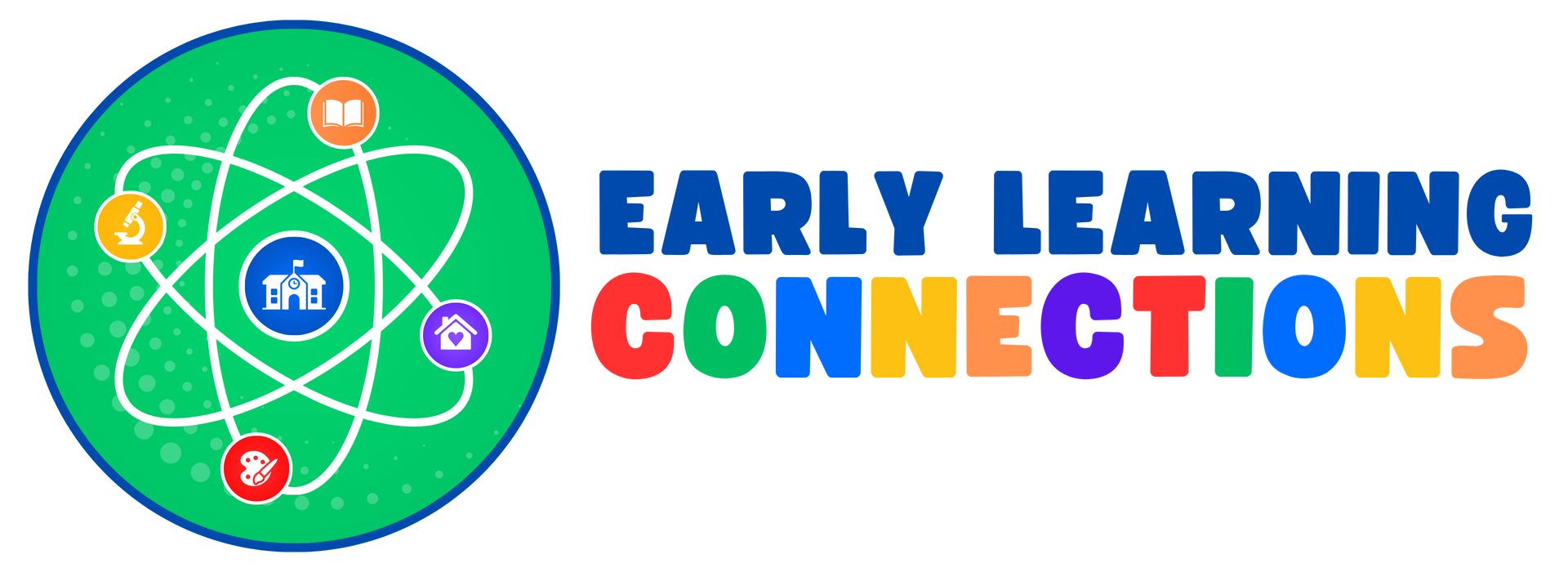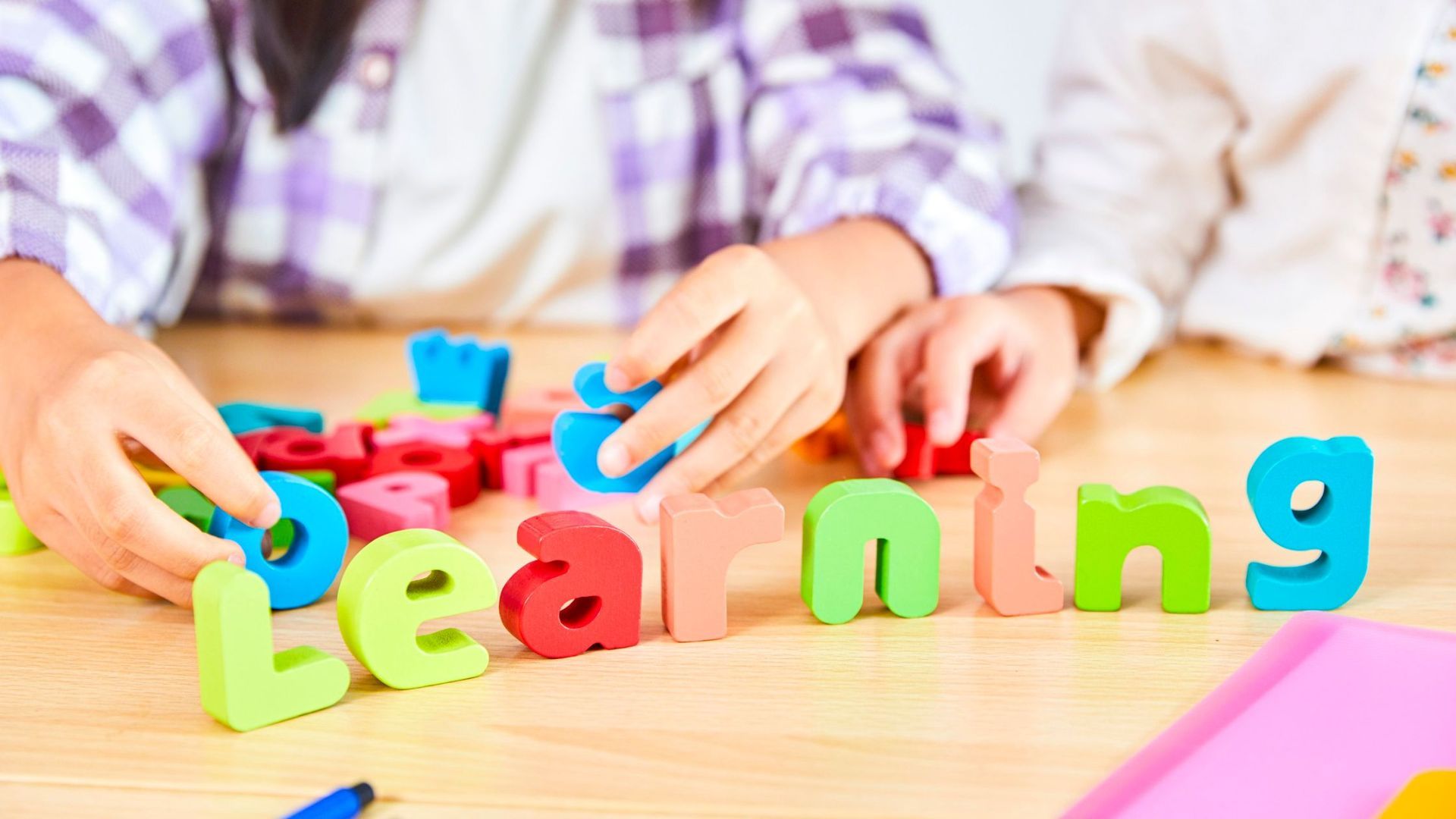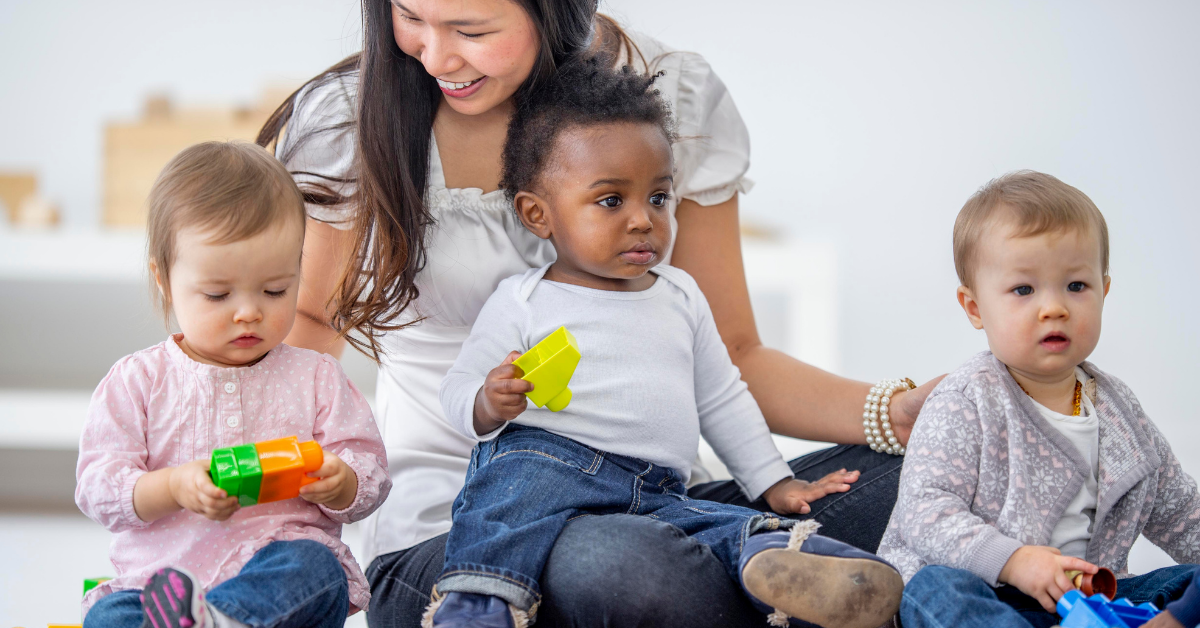Nurturing Infant Development: Tips for Parents and Caregivers

The early stages of a child’s life are some of the most critical for development. From birth to the first few years, infants undergo rapid cognitive, physical, and emotional growth that sets the foundation for future learning and well-being. As parents and caregivers, supporting infant development during this time is crucial for building strong, healthy foundations for the child’s future. In this blog post, we’ll explore simple yet effective strategies for nurturing your baby’s growth across multiple areas, including sensory play, bonding, routines, and more, to help your infant thrive.
Cognitive Development: Fostering Early Learning
Cognitive development refers to how a baby’s brain processes and understands the world around them. During the first few months of life, infants are incredibly receptive to stimuli, and their brains are busy absorbing information at an astonishing rate. Parents and caregivers can play a significant role in supporting this development by providing experiences that stimulate and engage the infant's senses.
- Engage in Sensory Play: Sensory play is an essential part of cognitive development. Babies learn about their environment through their senses—sight, touch, sound, taste, and smell. Simple activities like offering different textures (soft toys, cloth, rubber objects), showing high-contrast black and white images, and playing soothing sounds (like lullabies or nature sounds) help develop sensory processing skills.
- Talking and Singing to Your Baby: Even though your infant might not yet understand words, the sound of your voice is incredibly important. Talking, singing, and narrating your actions throughout the day (e.g., “I’m putting on your shoes,” “Let’s play with your ball”) helps your baby develop listening skills and builds language acquisition. Your baby will begin to recognize your voice and the rhythm of language, which lays the groundwork for future communication.
- Introduce Cause and Effect: Simple activities that involve cause and effect, such as shaking a rattle or pushing a toy that makes noise, help infants begin to understand the relationship between actions and outcomes. These experiences promote problem-solving skills and encourage curiosity. Over time, your baby will start to grasp more complex ideas as they build on these basic concepts.
Physical Development: Strengthening the Body
Physical development is equally as important as cognitive growth in infancy. Infants’ motor skills are honed through play and physical interaction with their environment. Encouraging movement, providing opportunities for tummy time, and offering age-appropriate toys all contribute to the strengthening of muscles, coordination, and fine and gross motor skills.
- Tummy Time: Tummy time is a crucial activity for infants, as it helps strengthen the muscles in the neck, shoulders, arms, and back. Starting from the very first weeks, ensure your baby spends time on their tummy while awake and supervised. This activity prepares them for future milestones, such as rolling over, sitting up, crawling, and eventually walking. Start with short sessions and gradually increase the duration as your baby builds strength.
- Encourage Reaching and Grasping: Offer toys and objects that encourage your baby to reach, grasp, and manipulate. Bright, colorful objects or soft rattles placed just out of reach will motivate your baby to stretch their arms, develop hand-eye coordination, and practice fine motor skills. These movements help babies develop muscle strength and spatial awareness.
- Provide Safe, Age-Appropriate Toys: Age-appropriate toys can stimulate physical development. Toys like soft balls, teething rings, or stacking cups provide a variety of textures and colors that engage infants in exploring their world. Additionally, toys that encourage grasping, banging, or rolling can foster motor skills and coordination.
Emotional and Social Development: Building Bonds and Security
Emotional and social development begins in infancy, and it’s strongly linked to the quality of the parent-child bond. Babies are born with the ability to form attachments to their caregivers, and those early bonds influence their sense of security, trust, and emotional regulation throughout life.
- Responsive Caregiving: One of the most important things a parent or caregiver can do is respond to their baby’s needs. This means feeding when they are hungry, soothing them when they are upset, and comforting them with affection and reassurance. Responsive caregiving builds a sense of trust and security, making your baby feel safe and understood. Over time, this responsive interaction helps develop emotional intelligence and self-regulation.
- Consistent Routines: Infants thrive on predictability. Establishing a consistent routine for feeding, napping, and bedtime provides a sense of security and helps your baby understand what to expect throughout the day. Consistent routines foster emotional regulation, reduce stress, and promote better sleep patterns. As your baby grows, they will begin to understand these routines and feel comforted by the stability they offer.
- Physical Affection: Physical touch plays a vital role in emotional development. Holding, cuddling, and gently rocking your baby provides comfort, builds attachment, and promotes feelings of safety. Responsive physical contact releases oxytocin, the “love hormone,” which supports bonding and reduces stress. Simple actions like hugging, holding hands, or rocking your baby can significantly enhance emotional well-being.
- Social Interaction and Eye Contact: Social development begins from birth as infants start to interact with those around them. Maintaining eye contact and engaging in face-to-face interactions are key components of fostering social skills. Smile, talk, and make facial expressions to your baby—it will help them recognize emotions, build social awareness, and encourage early communication.
Creating a Nurturing Environment
The environment in which a baby grows up plays a significant role in their overall development. A nurturing, safe, and stimulating environment can promote physical, cognitive, and emotional growth. Here are some simple ways to create a conducive environment for your baby’s development:
- Safe Play Space: Create a safe, clutter-free area for your baby to explore. A clean, comfortable space with soft play mats, age-appropriate toys, and sensory objects will encourage your baby to move, reach, and interact with their environment. Always ensure that the space is free from hazards such as small objects or sharp edges.
- Limit Overstimulation: While it’s important to provide stimulating experiences, it’s also essential to create moments of calm for your baby. Overstimulation—too much noise, light, or movement—can lead to fussiness and stress. Balance active playtime with moments of quiet and relaxation, allowing your baby to process and absorb their experiences.
- Positive Role Models: Babies are keen observers and will mimic behaviors they see. As caregivers, it’s important to model positive behaviors such as calmness, patience, and kindness. Your baby will begin to recognize these behaviors and incorporate them into their own social interactions.
Supporting your infant’s early development lays the foundation for future learning, much like the principles outlined in the importance of early childhood education for lifelong success. Learn more here.
One of the simplest yet most impactful ways to nurture your baby's cognitive and language development is through reading aloud daily. Discover the benefits here.
Conclusion
Infant development is a holistic process that involves nurturing cognitive, physical, and emotional growth. By providing a sensory-rich environment, engaging in responsive caregiving, and establishing consistent routines, parents and caregivers can support their baby’s development in meaningful ways. These simple strategies—sensory play, physical interaction, emotional bonding, and a safe, nurturing environment—lay the foundation for a thriving child. With the right guidance, love, and attention, infants can grow into confident, healthy, and happy individuals ready to face the world.
By paying close attention to your infant’s developmental needs and responding with patience, care, and love, you are giving them the best possible start in life. Every small interaction matters and contributes to the development of a well-rounded, capable, and emotionally secure child.










